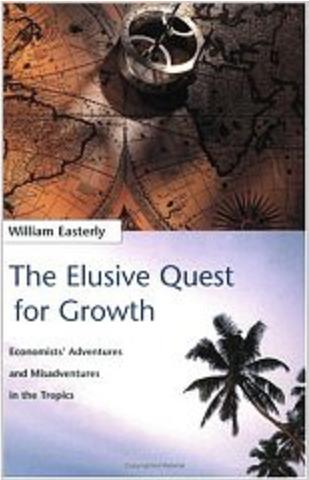Managing the Murray River is arguably the nation's leading policy challenge.
The river supports a $5 billion agricultural industry, supplies water for drinking and recreation to many communities and people and it is the nation's most important freshwater ecosystem.
There is also little slack in the system. It is currently exploited at close to its hydrological, economic and environmental limits. Therefore any increase in water -- say, for the environmental use -- must come at a cost of commercial use. There is capacity to increase the efficiency of water use, but the experts generally agree that the scope is limited.
The task is therefore to optimise the use of the water between commercial and environmental uses.
Over the last decade there has been a general acceptance that the health of the river would be in danger if any more water was allocated to irrigation. As a result, irrigation volumes have been capped for nearly 10 years.
Environmentalists are now demanding a massive shift in policy which has dire consequences for rural Victoria. The so-called Wentworth Group are, for example, lobbying governments to transfer at least 1,600 gigalitres and up to 3,000 gigalitres from irrigators to environmental flow. These volumes represent between 50 and 100 per cent of total water reliably available to NSW and Victorian irrigators and as such would all but eliminate regular irrigation by Murray farmers.
Similar proposals have been promoted by other environmental groups and they are receiving the attention if not the support of urban politicians and the public.
What is this basis for this claim? While there is widespread belief that the Murray is under environmental stress, there is little hard data to back these beliefs. Indeed the first comprehensive audit of the river's ecological conditions is now underway. Moreover, the only pollutant for which there is good data is salt and, contrary to public perceptions, salinity levels have tended to decrease over the last twenty years in the river outside of South Australia. Some scientists have predicted that large and unacceptable increases in salinity levels will take place in the river over the next decades. These forecasts are, however, based on theoretical projections and not hard data.
Indeed the latest Report of the River Murray Scientific Panel on Environmental Flows states "there is limited information upon which to make quantitative links between hydrology and the ecological health of the river and the floodplain" and "Knowledge of the species ecology is woefully defective in many key areas and is hampered by lack of historical information".
In short, the basic data on the state of the river's environment and the effects of increasing environmental flows is rudimentary and woefully inadequate to support anything like the Wentworth Group's proposal. It is certainly inadequate to justify eliminating a $5 billion rural industry.
The problem is that despite the importance of the River, inadequate resources have been applied to understanding and mapping its environment. And in the absence of basic data all we have is opinion which is inherently subjective, malleable and divergent.
The River and it many users deserve far batter.


